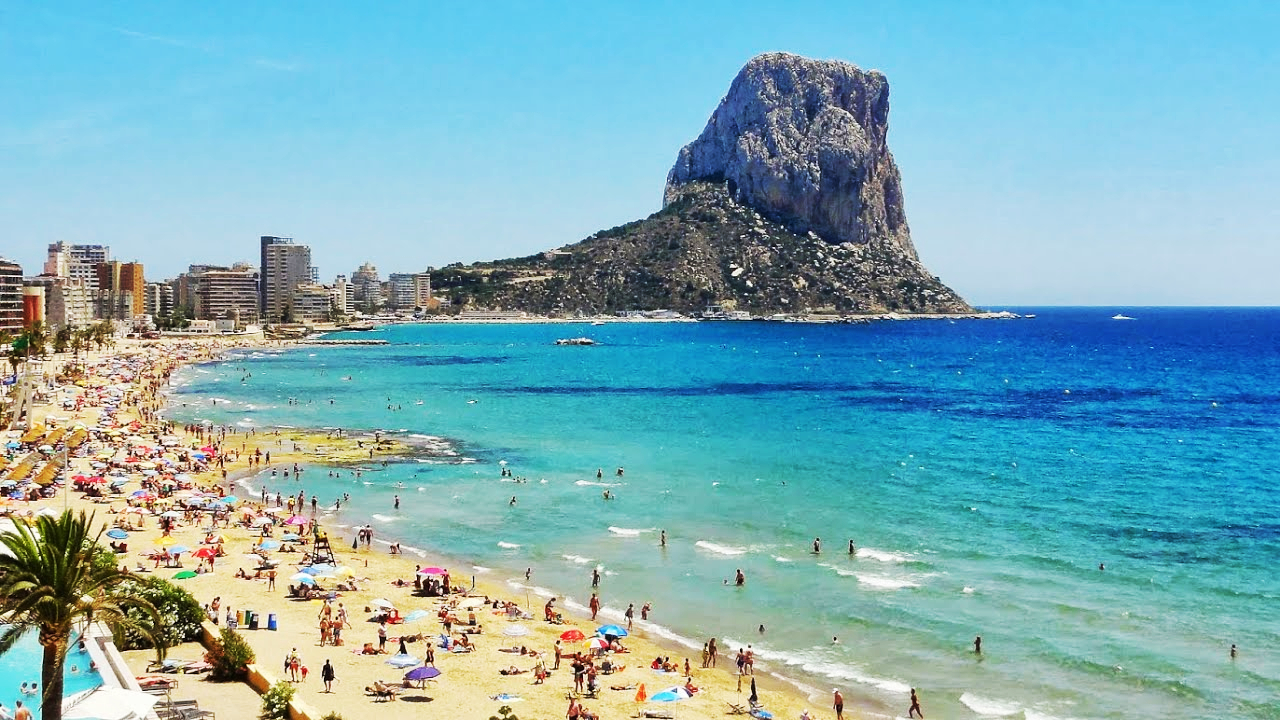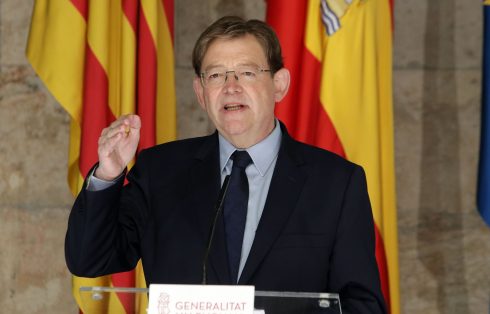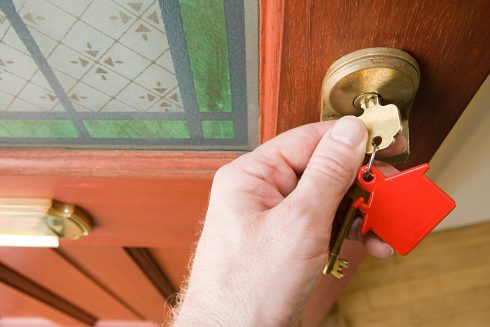THE European Union is asking that restrictions on holiday travel from overseas are relaxed in line with use of a ‘Covid passport.”
Under new plans, those with the most recent dose of an EU-approved vaccine should be allowed to travel, if the jab was received at least two weeks before the journey.
EU Commission, President Ursula von der Leyen, tweeted: “[It’s] time to revive the tourism industry and for cross-border friendships to rekindle – safely.”
Non-essential travel is currently only allowed from seven countries.
These proposals will also allow for an “emergency brake” so member states can quickly block travel if new variants are detected or the health situation declines.
Discussions on the plans will begin tomorrow, May 4, reports the BBC.
A digital certificate has already been announced by the EU, covering travellers either vaccinated against Covid-19, those with a negative test or recently recovered.
This also includes the young children of holiday-makers, although further testing may be required on arrival.
Brussels also added that countries: “should be able to accept certificates from non-EU countries based on national law.”
How will Covid Passports work?
A machine-readable graphic code made up of black and white squares called a QR code contains the necessary personal information which, the EU’s Commission says will be safe and secure.
The World Health Organisation (WHO) is being consulted to develop the digital certificate so that it is recognised beyond Europe.
The 27 member states also want to include non-EU countries such as Norway, Iceland and Switzerland.
However, the UK government, which has indicated that foreign travel may resume from May 17, is working on its own digital system for international travel that would prove travellers’ vaccination status.
OTHER COVID NEWS: Free healthcare and extended hotel stays for foreign tourists that catch Covid in Spain’s Murcia region
Click here to read more Coronavirus News from The Olive Press.








